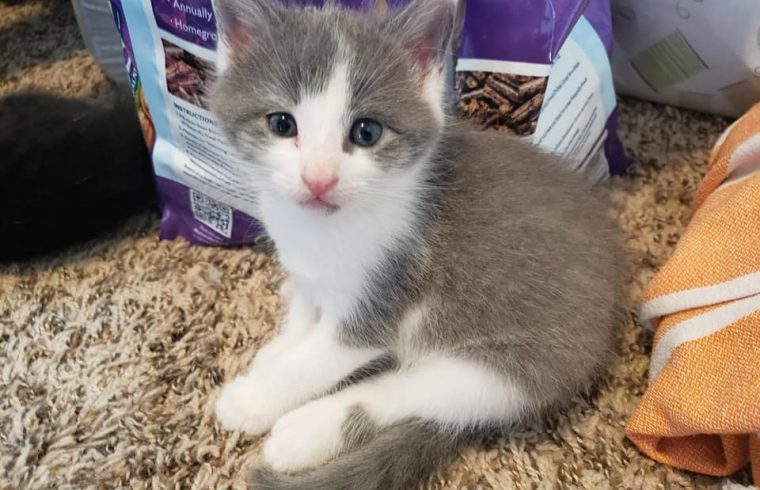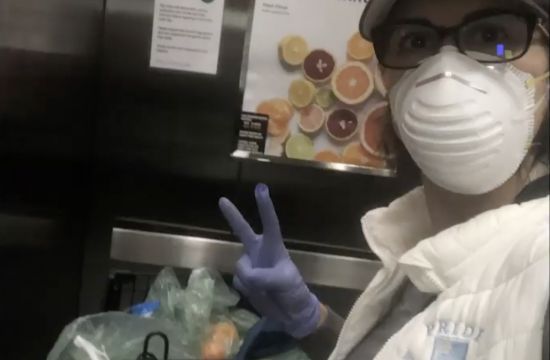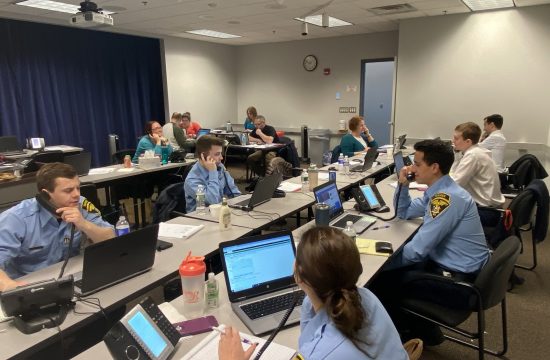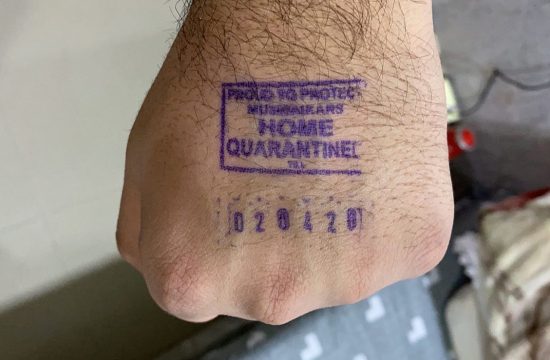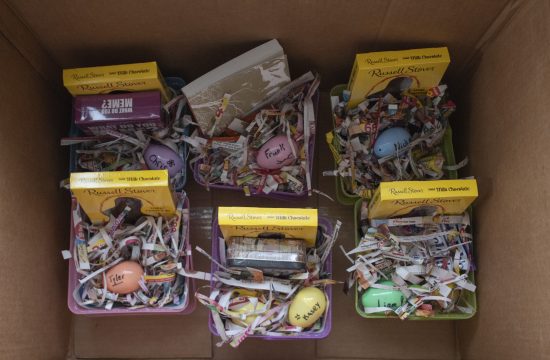by Cayla Keiser
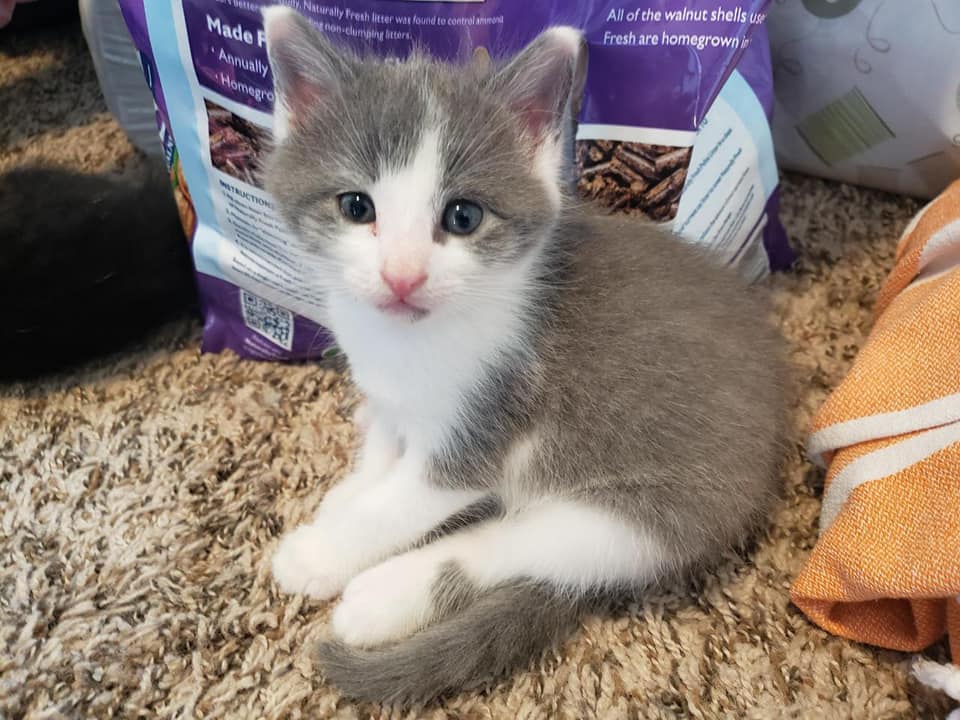
Photo provided by Kate Bobear
COVID-19 has affected countless members of the RIT community since campus closed down. Those members, however, aren’t just limited to the human population. Since the outbreak of COVID-19, members of the club Caring Hearts for RIT Cats have returned home, complicating the group’s ability to feed and care for the stray and feral cats on campus.
Several years ago, a group of concerned citizens, faculty and students noticed that there was an abundance of cats on RIT’s campus and wanted to do something about it. They worked unofficially as a group to care for the cats before they were absorbed under Rescue Shelter Club. In fall 2019, Caring Hearts for RIT Cats became their own official club, said Kate Bobear, president of Caring Hearts for RIT Cats and a fourth year graphic design major.
“A lot of students, when they go to college, get lonely and they miss their pets at home so they adopt. Then it’s too much responsibility — their parents aren’t there to feed them and take care of them like they were used to. The cats end up getting thrown outside and that’s what has created this population,” Bobear explained.
Each week, they have a rotating schedule of club members called “feeders” who go out and leave food for the cats. The club members operate on a shift system where different members perform responsibilities on different days.

“We provide all the feeders with food, bowls, everything they need. They leave food out for them [the cats], pick up garbage, look for any signs or them, any signs of other animals, make sure the shelter is not falling apart or the tarp didn’t get blown away and just make sure everything is up to snuff,” Bobear said.
COVID-19 has challenged the club’s efforts. Several club members were feeding the cats daily to make up for those who left campus, throwing the schedule off balance. However, Bobear was recently able to get more volunteers and put a plan in place to keep the cats fed throughout the summer.
“It’s stressful because they [the cats] need to be fed every day,” Bobear said. “This whole pandemic is just nuts. It’s messed up everything. It’s messed up routines and schedules — the cats have a routine, too. They expect to get fed at a certain time every day.”
In addition to feeding and providing shelter for the cats, Caring Hearts for RIT Cats also take them to get neutered and spayed so the population doesn’t continue to grow. Then they determine whether the cats are feral or stray.
“The difference is ferals are unadoptable. They’re basically wild. They were born out there, they had to adjust to that life, they don’t know what it’s like living with people so they’re not really suited to live at home situations so we eventually return them after we neuter and spay them. [On the other hand], strays are cats that have been living out in the wild, but they haven’t gone wild. They’re still friendly, they’re still adoptable, and they can still live in a home with people so we try to adopt those cats out,” Bobear explained.
Caring for the cats isn’t a cheap task. Not only has COVID-19 affected the group’s ability to keep the cats on a schedule, but it also interrupted their spring fundraising plans. Originally, Caring Hearts for RIT Cats planned to host a bingo night with the dual goal of raising money to pay for the cats’ food and medical expenses while also educating the RIT community about why the cats are there.
To learn more about their fundraising efforts, reach out to Kate Bobear at keb6067@g.rit.edu.

